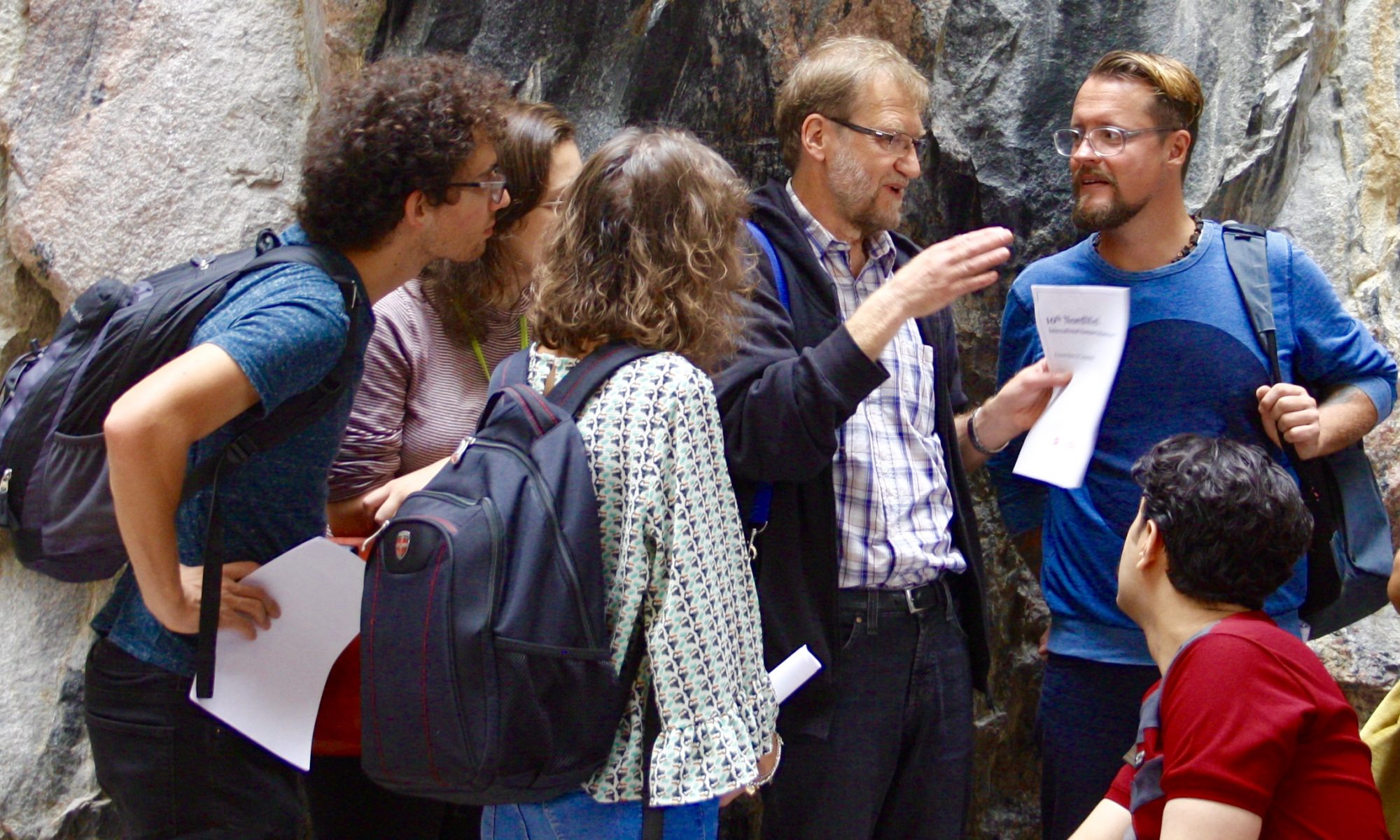The Value Systems and Legitimacy in the Nordic Welfare State Model
In recent scholarly debate on the factors determining welfare state development, in addition to the traditional explanatory variables of structural and power resources, increasing attention has been drawn on the impact of ideas and values (being defined either as the “rationale” behind welfare state institutions, or, in a wider meaning, as adhered to by various social actors in society). In line with this, the fourth Theme group focuses on the origins and development of ideas and values that have contributed to the creation and development of the Nordic welfare state, but also to the questioning of its legitimacy, and on discourses in which the ideas have been presented.
This has been studied in various ways: as modes of thought/political orientations/intellectual positions; as a question of legitimizing (and de-legitimizing); as political concepts or as values (implicitly or explicitly) incorporated in welfare legislation and institutions. In the comparative welfare research as well as in the Nordic society’s self-understanding the Nordic model of welfare is commonly associated with values such as solidarity, inclusion (universalism), (gender)equality (redistribution) but also with paternalism and social control (the strong state and social engineering), nationalism etc.
Historically, these kinds of values and ideas have been institutionalized as interrelated historical layers in the Nordic welfare states, associating them with social interests, influenced by historical contexts and challenged by external and internal factors. Consequently, research questions will deal with the value system as such, the historical processes creating it and especially on if we can speak of one universal value system within the Nordic welfare state model?
Values and traditions have so far been studied within national contexts and it is our task to stimulate more systematic Nordic comparisons in order to qualify the discussion and understanding of the Nordic model of welfare. The challenges to the Nordic welfare states from globalization and Europeanization have confronted the Nordic value system(s) with other value systems; immigration and individualization have from within challenged the idea of one universal value system. Generally, questions such as these presuppose a long historical perspective and a scholarly sensitivity to the different ways in which traditions, values and ideas were transferred, invented and institutionalized.
